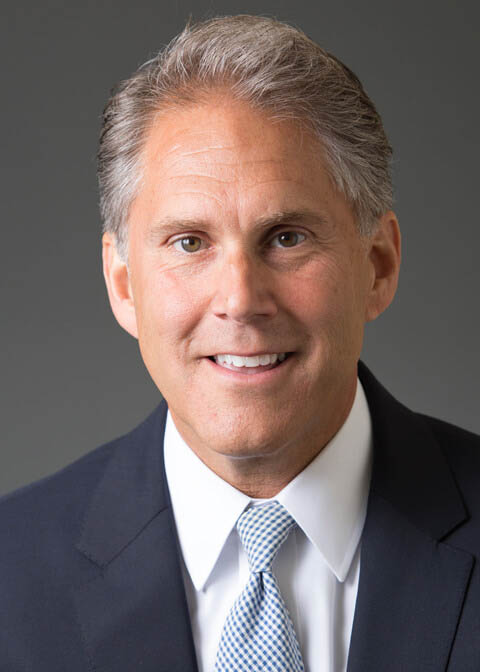The Friends of New Hampshire Drug Courts is expanding its services to participants in the federal drug treatment program known as the LASER docket.
With the expansion, the organization — which works to give drug offenders the chance to enter treatment rather than going to jail or prison — will award grants to help those in the federal program gain employment, access transportation, sober housing, health and dental care similar to how it supports state drug court participants.
U.S. District Court in Concord created the LASER (Law-Abiding, Sober, Employed and Responsible) docket in 2010 as a court rehabilitative program for defendants whose qualifying crimes or criminal history are attributable to drug abuse or addiction. The organization’s decision was hailed by U.S. Magistrate Andrea Johnstone.
“The difference that (Friends of New Hampshire Drug Courts) can make for drug court participants with unmet health and dental care, housing or transportation needs, to name a few, cannot be overestimated.” She added that its “work is critical to building community connection and caring for individuals in society.”

A former U.S. attorney, John Kacavas is on the board of Friends of New Hampshire Drug Courts.
The expansion to federal drug court means the nonprofit organization serves participants of all treatment courts in New Hampshire: the state’s 10 drug courts, Sullivan County Family Treatment Court and U.S. District Court.
In 2022, the Friends awarded 51 grants totaling $21,734.
“The success of drug treatment courts like the federal LASER docket depends upon willing participants committed to the goal of recovery and the availability of financial and other supports to achieve that goal,” said former New Hampshire U.S. Attorney John P. Kacavas, who joined the organization’s board in January and serves as its liaison to the LASER docket.
“The Friends recognize that social determinants like housing stability, reliable transportation, employment, day care, dental and health care, play a key role in successful recovery,” Kacavas is currently an attorney with the Hinckley Allen law firm in Manchester.
— JEFF FEINGOLD